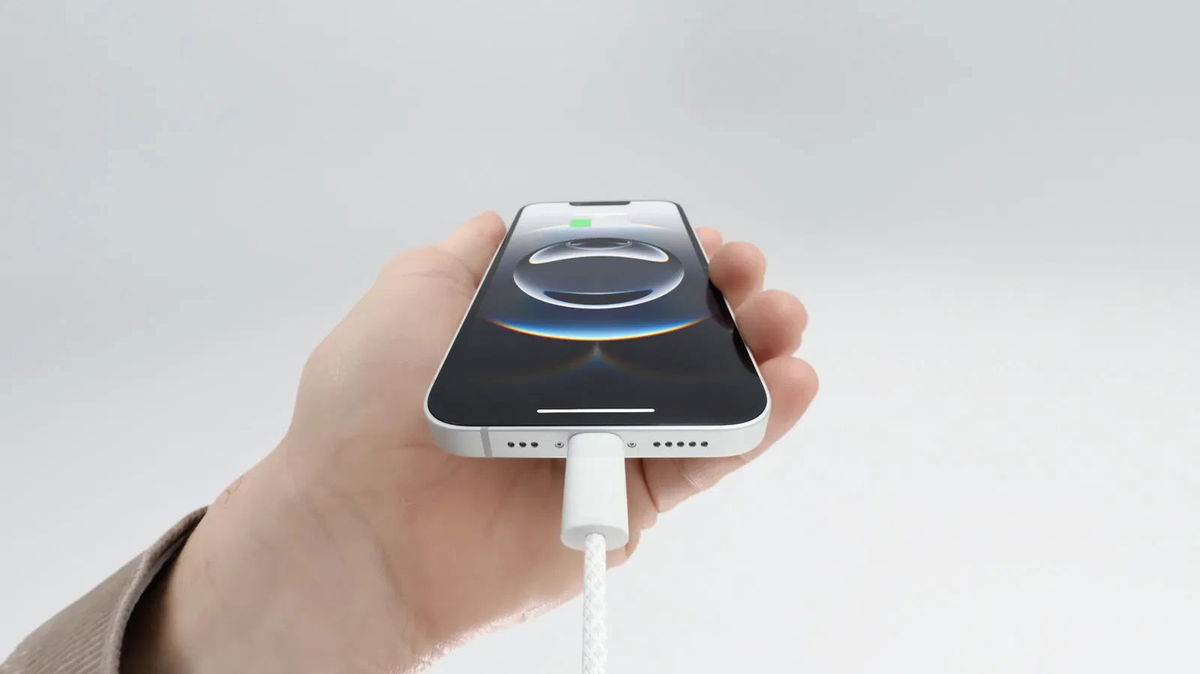*This text was written by a TecMundo columnist; finally learn more.
If you are reading this column or a reader of this site, it is not absurd to imagine that you are someone interested in science and how scientific knowledge is thought and produced. Science has a “status” in our society because any argument, whatever it may be, is scientifically based or proven, that argument is considered relevant, whether in everyday conversation or in the political setting.
Pseudosciences and the people who use them for their own benefit generally enjoy scientific status and its similarity (and not only similarity) to Science not only for financial but also for social position gains. One question that arises here is: How do people who are directly affected by pseudoscience think?
In an article published in the American magazine in January 2022 natureAustralian scientist Ullrich Ecker and his collaborators evaluated how the minds of people who believe in misinformation work. They found cognitive factors: lack of analytical thinking, rejection of reliable sources, as well as counter-arguments; and socio-emotional factors: such as complete and unconditional trust in family resources and the fact that one’s worldview can be verified if certain false information is true.
In another paper published in December 2021 in the same journal, scientists Javier Rodríguez-Ferreiro and Itxaso Barberia found that, regarding the lack of analytical thinking, people who believe in pseudoscience have a lower criterion for believing the evidence that something is true.
In this study, scientists had participants perform two experiments and answered a questionnaire. The first experiment had two containers: the first had 60 blue balls and 40 red balls (mostly blue) and the second had 60 red balls and 40 blue balls (mostly red). Participants should try to figure out which pot they’re dealing with by asking the scientists to remove the balls one by one, and they can choose to pull another ball with each ball removed, or to end the experiment when they think they’ve discovered the pot. question. What participants don’t know is that scientists always remove balls from the pots in the same starting order (for example: blue, red, blue, blue, …), regardless of the pot in question.
After the experiments, the participants answered a questionnaire to assess how much each person believed in the pseudo-scientific claims. For example, “Listen to classical music in childhood makes children smarter” or “…it is possible to manipulate energies and heal physical and psychological ailments by bringing the hands of an expert closer to the affected person”.
The result showed that the people who most agreed with the type of statement made in the survey wanted fewer balls to be removed from the basket before reaching a conclusion. That is, people who believed more in pseudoscience needed less evidence to believe a “truth” or at least come to a conclusion.
In the second experiment, the participants had to discover the rule of a maze game. The maze in question was extremely simple, but participants would only receive the victory message when they completed the course in 4 seconds or more. Only 7 of the 62 participants correctly understood the rule of the game, but again, the scientists observed that people who believed in pseudoscience tried to solve the game less often before saying what the rule would be.
Finally, the idea with all this is always to understand the way people think so that Science communication and scientific education of the population becomes more and more effective in terms of preventing and, so to speak, immunity against misinformation. Therefore, highly harmful anti-scientific beliefs, such as the anti-vaccine movement, will be closer to being eradicated.
Rodolfo Lima Barros Souza, professor of physics and TecMundo columnist. He holds a master’s degree in Physics and Science and Mathematics Teaching in Public Perception of Science from Unicamp. Available on social networks as @rodolfo.sou.
Source: Tec Mundo
I’m Blaine Morgan, an experienced journalist and writer with over 8 years of experience in the tech industry. My expertise lies in writing about technology news and trends, covering everything from cutting-edge gadgets to emerging software developments. I’ve written for several leading publications including Gadget Onus where I am an author.













